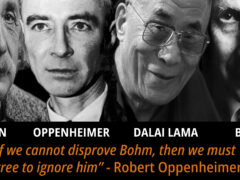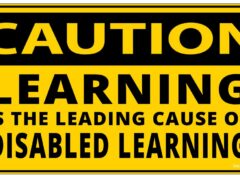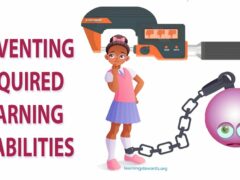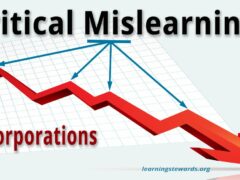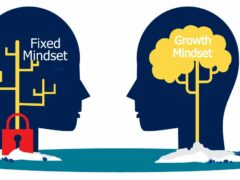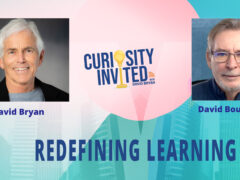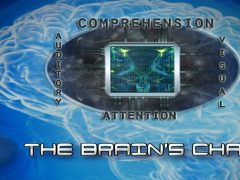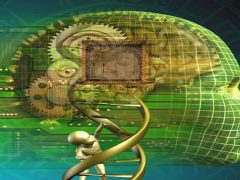You See What Your Knowledge Tells You To See Paradigms are the mental infrastructures that connect and unify the mental models through which we experience the world. Because paradigms, like religious beliefs, can become so deeply rooted in our identities, they can be very hard to change. Sometimes they are hard to change for scientific […]



